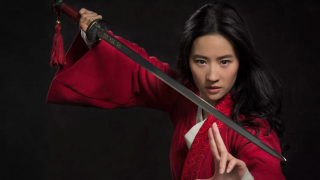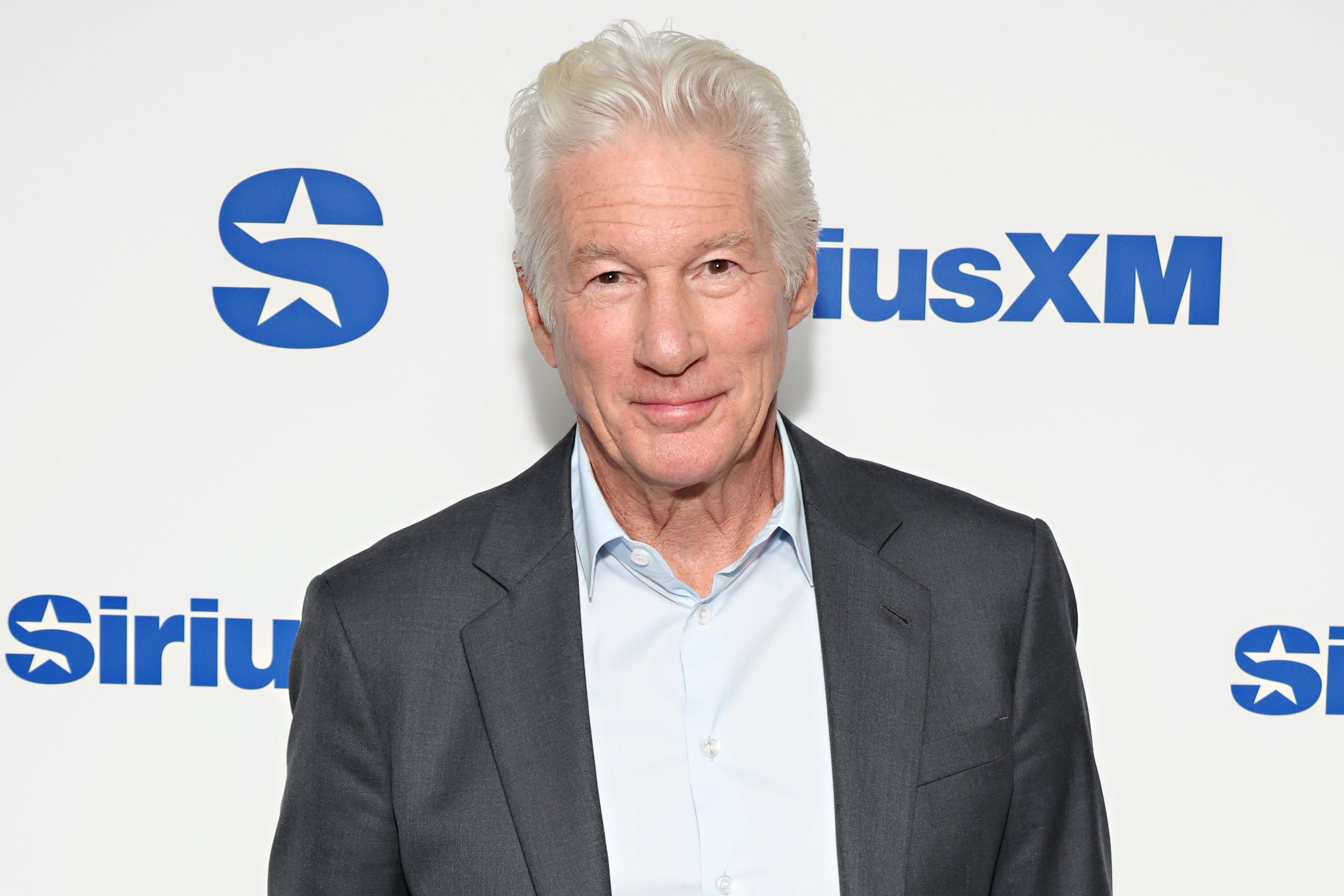
Disney is under fire for filming part of its live-action reboot “Mulan” in Xinjiang, the region in China where the government has been accused of human rights abuses against Uighurs and other predominantly Muslim minorities.
The final credits in the film, which was released on Disney Plus last week and is being rolled out in several countries this month, thank propaganda departments in Xinjiang and the public security bureau of Turpan, a Uighur-majority city in the region.
Human rights activists and some China experts have taken to social media to condemn Disney for turning a blind eye to alleged abuses in Xinjiang. They accuse the American enterprise of kowtowing to China for access to its lucrative movie market, the second-largest in the world.
Amnesty International tweeted a link to a media report on the controversy and asked Disney, “Can you show us your human rights due diligence report?” A Washington Post opinion contributor called the movie a scandal, and one widely shared tweet suggested the Mulan crew would have seen "reeducation camps” for Uighurs en route to filming locations.
Uighurs and other predominantly Muslim minorities in the remote Xinjiang region have been locked up in camps as part of a government assimilation campaign launched in response to decades of sometimes violent struggle against Chinese rule. Some have been subjected to forced sterilization and abortion, and in recent months, ordered to drink traditional Chinese medicines to combat the coronavirus outbreak.
On Wednesday, two Uighur organizations accused the Chinese government of mass detention, torture and genocide in a complaint sent to the International Criminal Court, NBC News reports.
Chinese authorities defend the camps as job training centers, though former detainees describe them as prison-like facilities where they were humiliated, beaten and deprived of food.
Entertainment News
“There is no so-called reeducation camp in Xinjiang,” foreign ministry spokesperson Zhao Lijian said when asked about the Mulan controversy on Tuesday. “The establishment of the vocational education and training centers in Xinjiang is a positive attempt and active exploration of preventive counterterrorism and deradicalization. ... There have been no violent terrorist attacks in Xinjiang for more than three years.”
In addition to Xinjiang, the Mulan team has scouted and filmed in multiple locations in China including the cities of Xi’an and Dunhuang, according to director Niki Caro’s Instagram posts. The movie has been partially filmed in New Zealand as well.
Get a weekly recap of the latest San Francisco Bay Area housing news. Sign up for NBC Bay Area’s Housing Deconstructed newsletter.
Disney did not reply to a request for comment.
The film, which is a remake of the popular 1998 animation, is based on the ancient Chinese tale of Hua Mulan, a young woman who takes her father’s place in the army by dressing as a man.
The remake was no stranger to controversies even before its release.
Last year, a boycott movement was sparked when the lead actor, Liu Yifei, a Chinese-American originally from Wuhan, publicly supported Hong Kong police when they were accused of using excessive force against Hong Kong pro-democracy protesters.
Donnie Yen, a renowned Hong Kong star who plays Mulan’s regiment leader Commander Tung, also drew ire from Hong Kong protesters for his pro-China stance.
Alan Horn, co-chairman and chief creative officer of The Walt Disney Studios, said in February that the company doesn't want to be dragged into a political discussion.
“I can’t speak for what Yifei says in China, we didn’t know about it, what she was going to say, and that’s up to them,” he said during a roundtable session with other entertainment executives including from Netflix and Warner Brothers.
He did note the importance of the Chinese market, where Mulan opens Friday. “If ‘Mulan’ doesn’t work in China, we have a problem,” he said with a laugh.
It’s a crucial time for Disney. In August, the American entertainment conglomerate said its net income fell dramatically after having to close theme parks temporarily and cancel theatrical releases because of the coronavirus pandemic.
Disney has high hopes for the Mulan remake, one of its most expensive productions ever. It is pushing limited theatrical releases in some countries and putting the movie on its Disney+ streaming service for $29.99, on top of the monthly subscription.
However, the film’s explicit credits to Xinjiang authorities have reignited the boycott movement.
“I’m a huge fan of Disney movies and especially with a 4-year-old daughter, ‘Mulan’ should be a must watch for my family," Uighur American activist Ferkat Jawdat said. He said he won't be watching this Disney remake.
“The hypocrisy is just too amazing to fathom," he said of filming in the same region as the camps and where the Uighur population is oppressed.
The controversy has revived calls for a boycott in Hong Kong, where the film will be released next week.
“Even before this became known, Hong Kongers have already been protesting for a year about Liu Yifei’s support of police brutality,” Jeffrey Ngo, a Hong Kong activist, said.
Hong Kong democracy activist Joshua Wong tweeted, “Now, when you watch #Mulan, not only are you turning a blind eye to police brutality and racial injustice ... you’re also potentially complicit in the mass incarceration of Muslim Uyghurs."



